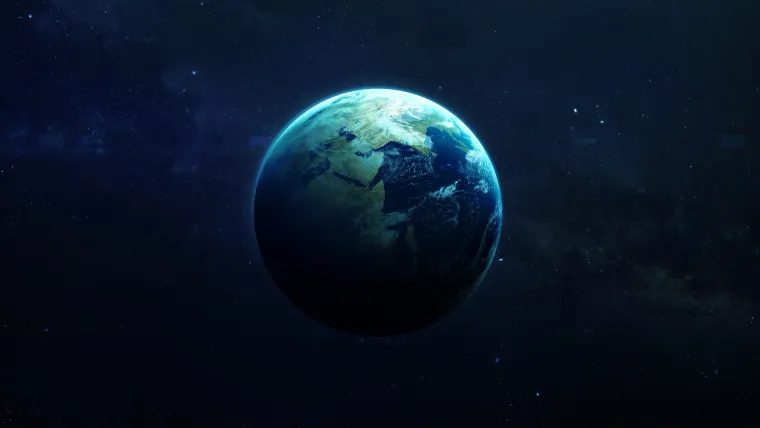The second verse of Genesis 1 doesn't read the way we'd expect it to for a material story. Instead of the time before day 1 being full of nothing, other than perhaps darkness, we find it talking about things we associate with the physicality of our world. Things like the Earth. And water.
What's the Earth doing there?
Why are there deep waters?
Please tell me I'm not the only that's bugged by the apparent pre-existence of both of these things.
Now the earth was formless and empty (tōhû wa bōhû), darkness was over the surface of the deep, and the Spirit of God was hovering over the waters.
— Genesis 1:2 NIV (italics mine)
The only way verse 2 alludes to a material creation is if the Hebrew phrase tōhû wa bōhû implies an absence of materiality. Certainly, our Bible translators try to match our presuppositions by translating it "formless and empty" (CSB, NIV, NLT, and TPT) or "formless void" (NRSV) or "without form, and void" (NKJV).
The NASB even goes as far as translating this verse as, "the earth was a formless and desolate emptiness," while the VOICE goes for "the earth lacked shape and was totally empty."
Points for effort, but if the earth and deep waters were not supposed to physically exist in Gen. 1:2, surely the author would not have mentioned them.
Their mention is our first clue that a different type of origin story is being told. But before we can determine what that is, we need to explore what tōhû wa bōhû means by seeing how it’s used elsewhere in the OT.


